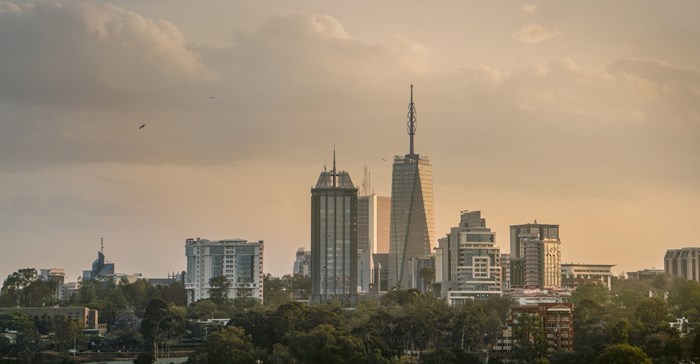Balancing the risks and opportunities on the African continent

Nigeria has some profitable industries despite the muted economic environment
Nigeria is generally well known for having the largest population in Africa with the current International Monetary Fund estimate of around 200-million people. Typically, a large and young population demographic with growing incomes drives a local consumption theme with a long runway for sustained economic growth. The country is also under penetrated across many industries; some notable ones are banking, consumer packaged foods and telecommunications. Businesses that operate within these industries should see multi-decade growth. However, there have been some risks to this economic trajectory from time to time. The most prominent of which is the reliance of Nigeria on oil revenues (oil makes up the bulk of fiscal revenues).
During previous oil price crashes Nigeria has faced severe impacts on its economy and currency. It has also had a stall in some key policy reforms, particularly as the current government in its second term has not really committed on infrastructure, subsidy removals and growth initiatives. These have led to a more muted growth environment in the past three years. Though amidst the slow execution of government, the economy and currency has stabilized and economic growth while weak is starting to show some mild improvement. There are signs that business activity is picking up with some sectors continuing to remain highly profitable and growing. Within these we have identified banking as a sector that offers meaningful upside despite increasing regulation. The large banks are exposed to better quality corporates with consolidation opportunities, have well managed cost bases and the increasing focus on alternative banking channels is helping to drive fee income and lower branch costs while offering cash dividend yields in excess of bond yields. Despite the weak macroeconomic environment, there remain some good risk adjusted opportunities in Nigeria.
Kenya’s outlook remains positive for businesses that have been able to adapt to regulations
Kenya has been the jewel amongst the larger sub-Saharan Africa nations recording annual GDP growth of c. 6% in the past three years, a stable currency and a respectable stock market performance against the MSCI Frontier Markets index. Some of the underpinnings to this growth come from a more diversified economy, better infrastructure, better literacy and greater financial inclusion.
Though there remain concerns around rising debt/GDP levels and a currency that looks too strong, the overall macroeconomic backdrop remains positive. Kenya has a relatively benign regulatory framework, but in the past few years we have seen increasing regulation across the banking and brewing sectors. Understanding how businesses have adapted to regulations has created suitable investment opportunities. Our framework has helped us identify select banks and a dominant brewer as investments in Kenya. Some of the banks have used the period of slow credit growth due to rate cap regulations to strengthen their deposit franchises and optimise their cost bases as well as focus on alternative channels by partnering with mobile telecommunication companies to drive fee income.
Recently the caps on lending rates have been removed and so we should see banks use their low-cost deposits to grow their asset books at increased margins while the lower operating cost base will see good operating leverage. An additional example is the case of a Kenyan brewer that has explained to the regulator that extreme excise taxes impact volumes to such an extent that overall taxes collected are lower while forcing consumers into illicit alcohol which often carries a larger public health risk. Since then Kenya has seen growing volumes with a more predictable and manageable excise regime that has benefitted government from an overall improved tax take, as well as shareholders from improved company profitability.
South Africa is still lacking key reforms for change and hence investment opportunities remain few
South Africa has undergone several years of weak economic growth, rampant corruption, state-owned entity mismanagement and a policy stall. Much of this was founded and accelerated under the previous leadership with evidence pointing to a host of middlemen and government officials that used their authority to mismanage state entities. The past two years has seen some change in direction; these include a new president with better intent, an election and subsequent change in cabinet ministers as well as an attempt to change the boards of weak state-owned institutions. While these remain positive developments the deterioration in the economy and state institutions still require serious attention.
Earlier this year we had highlighted several reforms that were needed to indicate progress, but we have not seen much movement due to the ongoing infighting within the executive in the ruling party and the resistance from public sector unions to allow some hard decisions to be made at state owned entities. It appears that government execution will remain poor thereby resulting in a rather weak economic environment. Considering these broader political risks, current opportunities remain slim amidst weak business and consumer confidence. This does not mean we would dismiss South Africa as an investment destination, there are still many quality companies operating with sound management. However, for now, we continue to monitor the political progress and look for indications of a meaningful turnaround.
Understanding the company fundamentals together with the broader economic, regulatory and political landscape allows us to better profile risks when researching an investment opportunity.




















